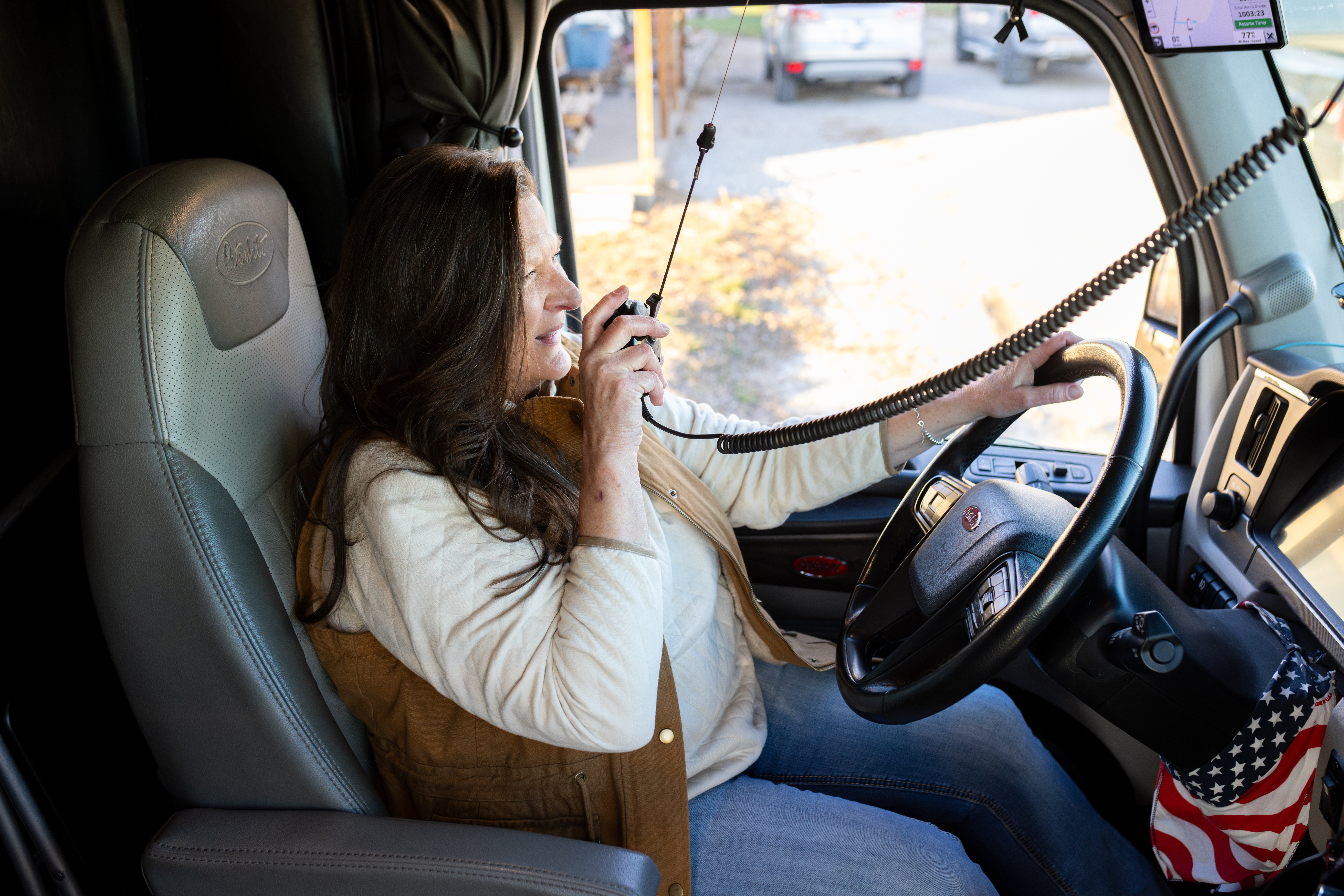When Angela Masterson sets out on another night shift driving her long-haul truck, she said she first fixes her hair and puts make-up on. And she certainly never drives off in pajamas and flip-flops.
Masterson breaks the mold for most people’s perception of truck drivers. And if she were to drive down your local stretch of the interstate, you may not even realize she’s hauling some of the nation’s most sensitive defense freight. But she has undergone extensive training, works rigorous hours, and has made huge investments in her own business as an owner-operator for a trucking company.
However, the Biden administration’s Department of Labor enacted a new independent contractor rule last year that imposes stricter standards on companies that work with contractors, potentially disqualifying millions of freelancers and gig workers—many of whom are women—from maintaining their independent status, thereby threatening their flexibility and livelihoods.
According to Masterson, one of the truckers IW Features interviewed for its series, “Behind the Wheel: Women Truckers Fight for Their Independence,” the Biden administration’s independent contracting rule doesn’t just jeopardize her income — it puts at risk the safety of all Americans.
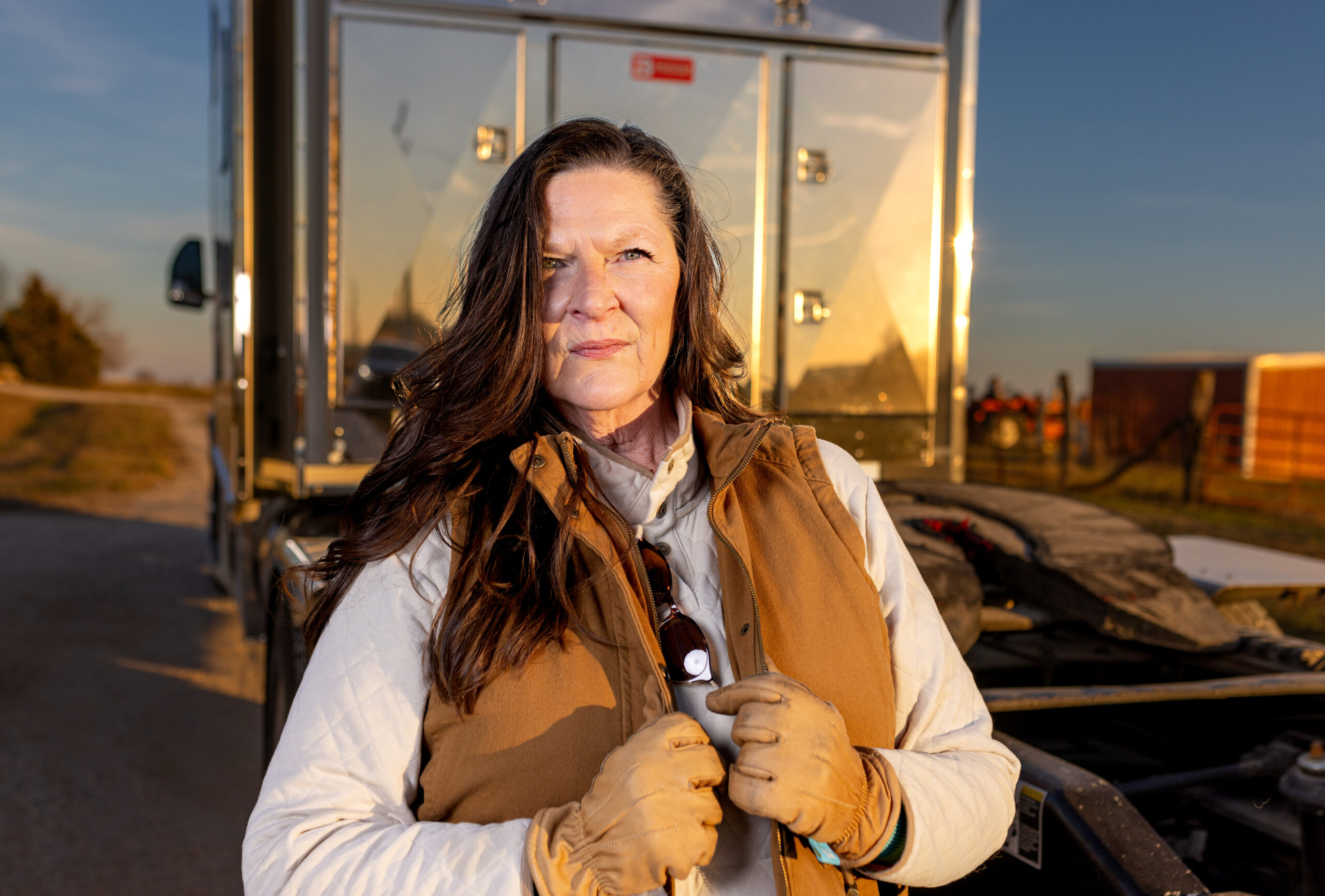
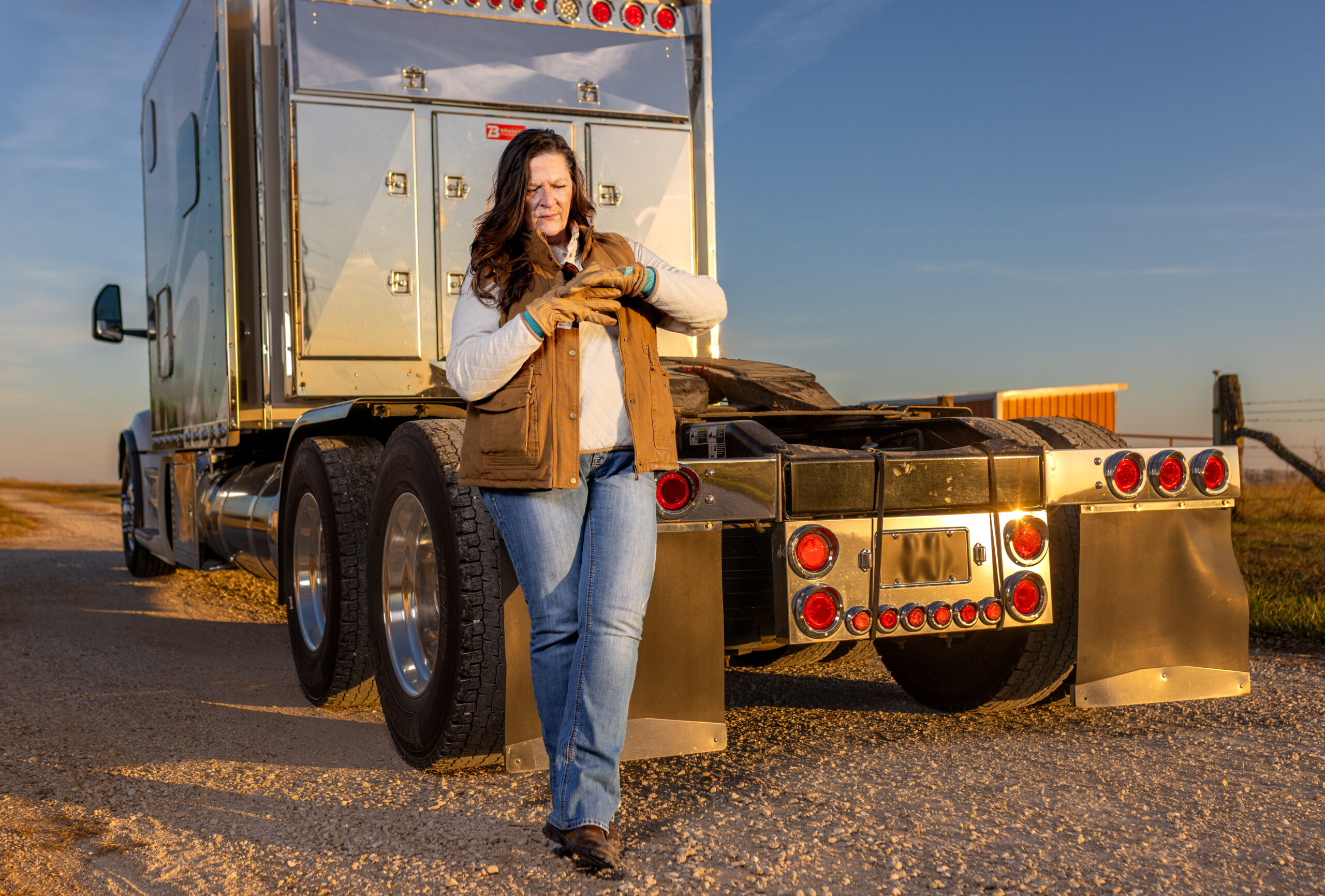
The life of a long-haul trucker (also known as an over-the-road or OTR truck driver) is much more than meets the eye, Masterson explained. OTR drivers can work solo or for a large freight company, but after completing truck driving school Masterson decided to pursue a different path. In 2015, she started her business with her husband Terry, who had previously worked as a driver for small local companies and grain elevators.
“One driver sleeps or rests while the other one works,” Masterson explained. “We do that until we’ve depleted the number of hours that we can legally drive, and then we’re required to take a 34-hour break, or a reset as we call it.”
When Masterson asked her husband how many miles they’ve driven together since launching their own business, he estimated she alone has driven nearly 1 million miles.
Some weeks, the couple drives as many as 6,000 miles. Their shipments can take them from coast to coast and border to border. They might load up their truck on the East Coast, deliver to the West Coast, grab a new load there, and then return to the East Coast. Other times, they move commodities or freight around just one region’s military bases.
Masterson said they chose to invest in a bigger truck because she and Terry sometimes have to be on the road for two to three months at a time. With a bigger truck, they can shower, use the bathroom, clean dishes, and cook nutritious meals instead of relying on truck stops that merely offer fast food.
But despite the higher-end amenities and the company of her spouse and dog Cookie, Masterson said that one of the biggest misconceptions about truck driving is that it’s an easy job.
“You just sit there, right?” she said. According to Masterson, that’s not true –– “It’s strenuous.” The roads are literally tough, she said.
“You bounce down these interstates, and that beats you to death. Then you’re in that seat for 10 to 11 hours a day, and that’s not the end of your day because either before or after that, sometimes in between, you’re hooking and unhooking the trailer,” she explained.
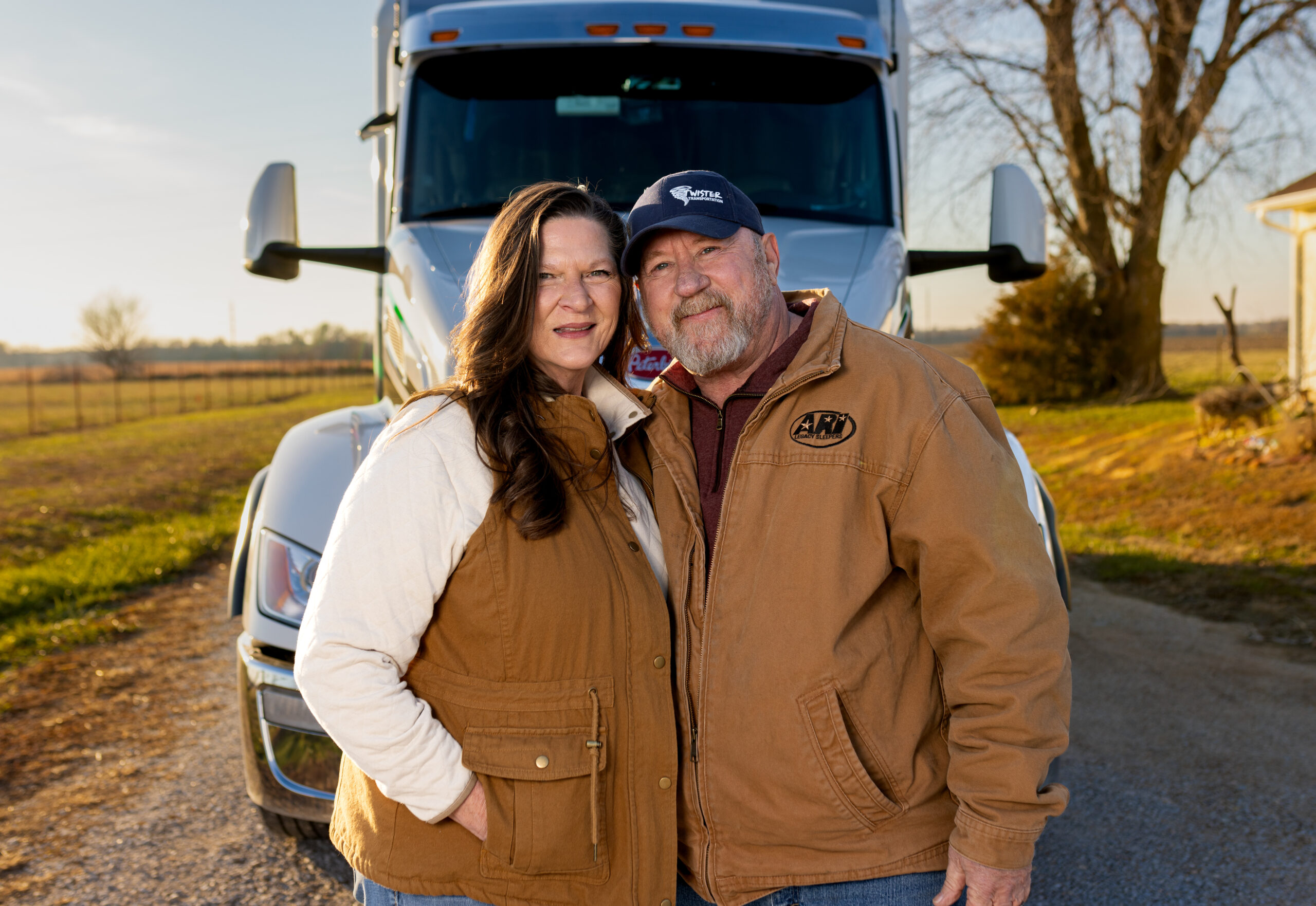
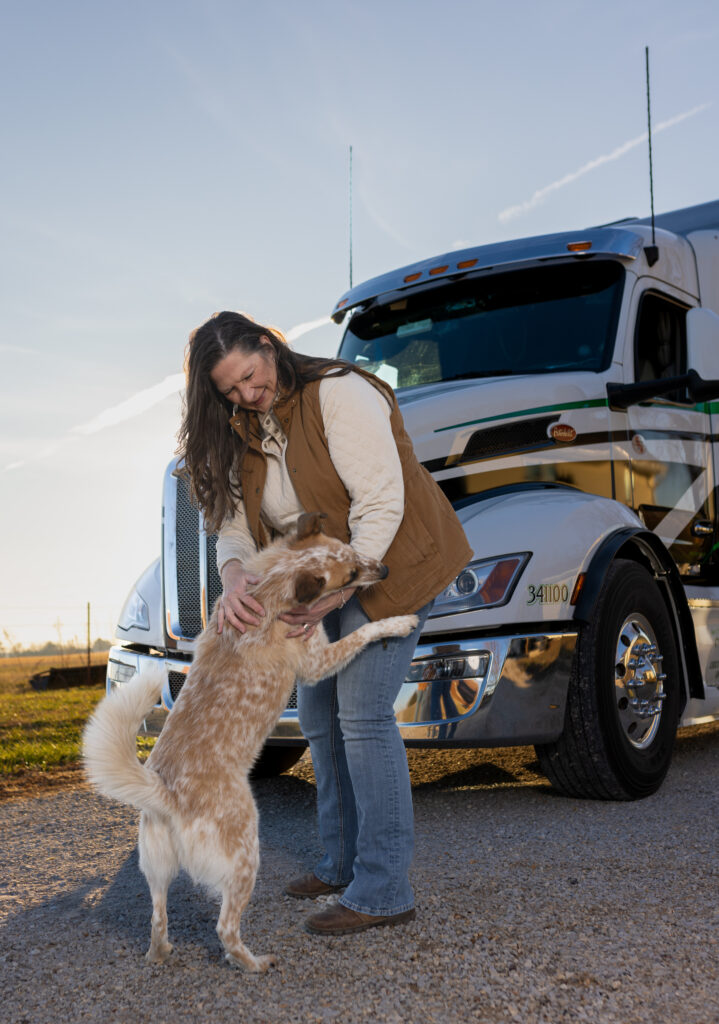
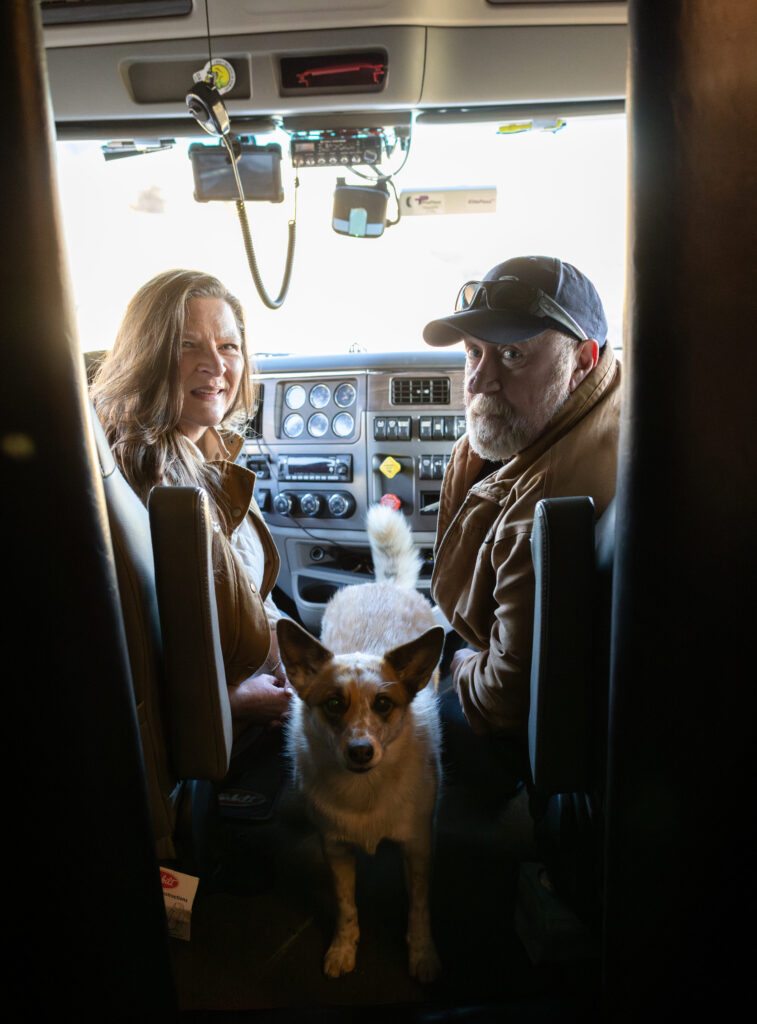
In addition to the physical labor, Masterson explained there are many administrative tasks such as billing, accounting, electronic logs, and compliance with industry regulations that she and her husband are responsible for as business owners. It takes a lot of time to master the specific trucking rules and regulations, many of which vary from state to state.
“There’s always something that you’re going to have to look up, “Okay, this is how much I weigh, or this is how long I am.’ ‘What bridges can I cross?’ ‘What roads can I go down?’ ‘What roads do I have to avoid?’ I mean, there’s a lot to it,” she said. “Some people don’t understand that it really takes more than just sitting there holding a steering wheel.”
As AA&E (Arms, Ammunition & Explosives) drivers, Masterson and her husband also had to undergo extensive background checks and highly detailed training to haul sensitive freight, and the paperwork on the job is “unbelievable,” she added.
“You better dot your I’s and cross your T’s,” she said. “We have to be able to recognize anything that might be a threat to our country. We have to be very careful who we communicate with. We’re not allowed at any given time to tell anybody where we’re going.”
But according to Masterson, it’s the most rewarding career path she has ever chosen.
“It gives me a sense of pride knowing that we’re actually helping our country to stock our own supplies and keep things going well for our military,” Masterson said.
Having been raised in a small Midwestern town by a World War II veteran father and a Polish immigrant mother, Masterson said her parents instilled in her a deep respect and love for freedom and American values. She’s worked in healthcare, administration, and sales, but Masterson said that driving trucks in this “niche industry” is empowering in a way her past jobs weren’t.
“Gosh, I can just hear my dad,” she said. “He always told us, ‘My girls can do anything any man can do.’ A lot of times, I’m driving down the road, and I’m thinking, ‘Yeah, Dad, here I am. I never dreamed I’d be a truck driver, but I love it. I hope you’re proud.’”
And because of the flexibility their work arrangement has afforded them as owner-operators, Masterson said she and her husband have been able to live in the small rural community they love, give back to their community, and spend more quality time with their children, grandchildren, and friends.
They’ve lost family members while out on the road and have been able to come home immediately. Their son had to have major surgery, and they were able to take time off to care for him. Had they been employees of a company during these events, Masterson said it would have been devastating to their families — and to their income.
“We don’t want more control by an employer or [labor] union. We want to manage our own time, our own money, and benefits,” she said. “We want the freedom of choice as an American citizen to pursue the American dream.”
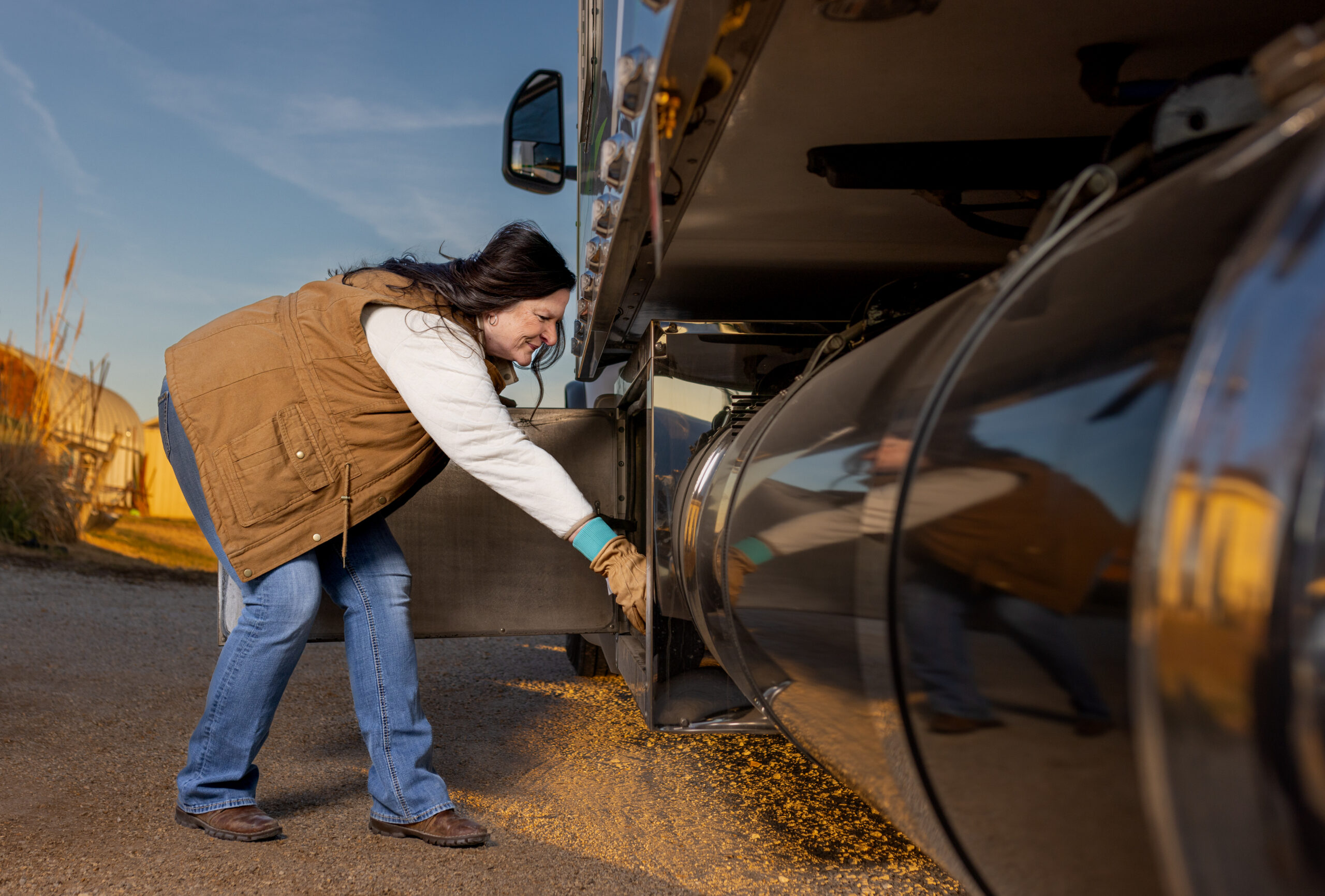
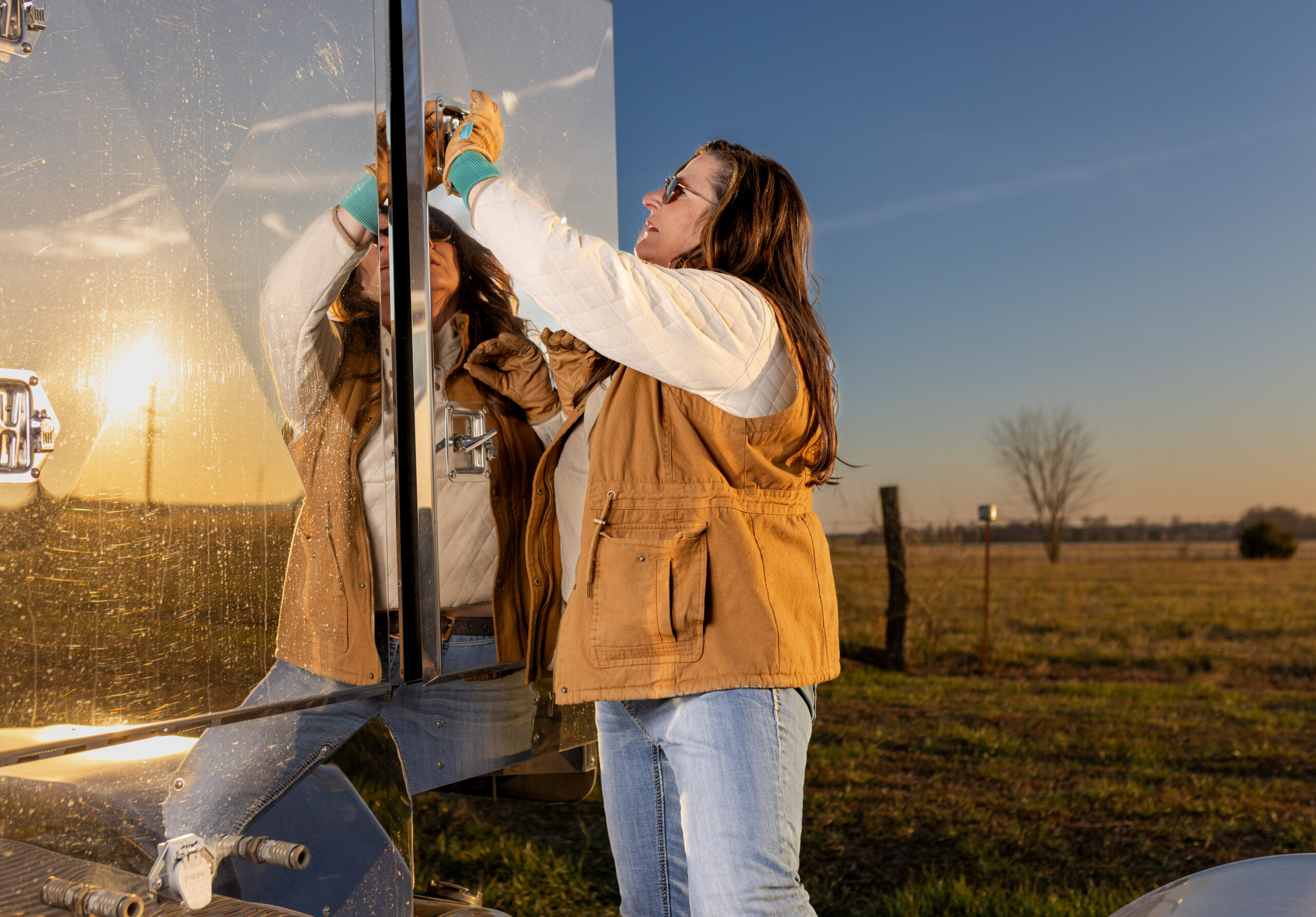
Masterson said that the Biden DOL rule makes her and her colleagues feel like elected officials don’t care about their livelihood or their voices.
Adding insult to injury, in 2021, Congress introduced the PRO Act (Protecting the Right to Organize Act), which would act as a more radical, legally binding version of the DOL rule by strengthening labor union influence and limiting employers’ ability to classify workers as independent contractors.
The number of independent contractors in the trucking industry affected by regulations such as the PRO Act and the DOL’s rule should be enough to cause policymakers to reconsider. There are anywhere from 350,000 to 900,000 owner-operator trucking companies in the U.S. If the Biden administration’s independent contracting rule isn’t repealed, many of these essential truckers will be forced to leave the industry completely. They would have to attempt to sell their trucks and equipment in a flooded market, and then scramble to find another job that wouldn’t even come close to proving the benefits and income they’re used to.
“And at our age, that’d be tough,” Masterson said. “It would steal our business that we’ve invested our lives in. It would strip us of our ability to choose when we work and when we need to be home. It would send many of us into a tailspin.”
During his first administration, President-elect Donald Trump’s Labor Department implemented a clearer, contractor-friendly standard. As he looks toward his first 100 days, Trump and his incoming administration can – and should – restore that rule.
In the meantime, ongoing federal lawsuits have been filed challenging the Biden rule, and these court decisions could provide a reprieve for independent contractors nationwide.
That reprieve couldn’t come soon enough. For Masterson and countless other independent truckers, the freedom to operate as owner-operators is not just about business—it’s about preserving the independence that allows them to support their families and communities, and contribute to America’s economic and national security.
If the Biden administration’s independent contracting rule succeeds in curbing that independence, it could result in far-reaching consequences, both for those in the trucking industry and for the broader safety and economy of the United States.
Masterson’s call to action is clear: choosing your style of work and maintaining control over your business is an American right that shouldn’t be taken away.
“I’m in control of my own destiny,” she said. “I don’t want to lose that.”
